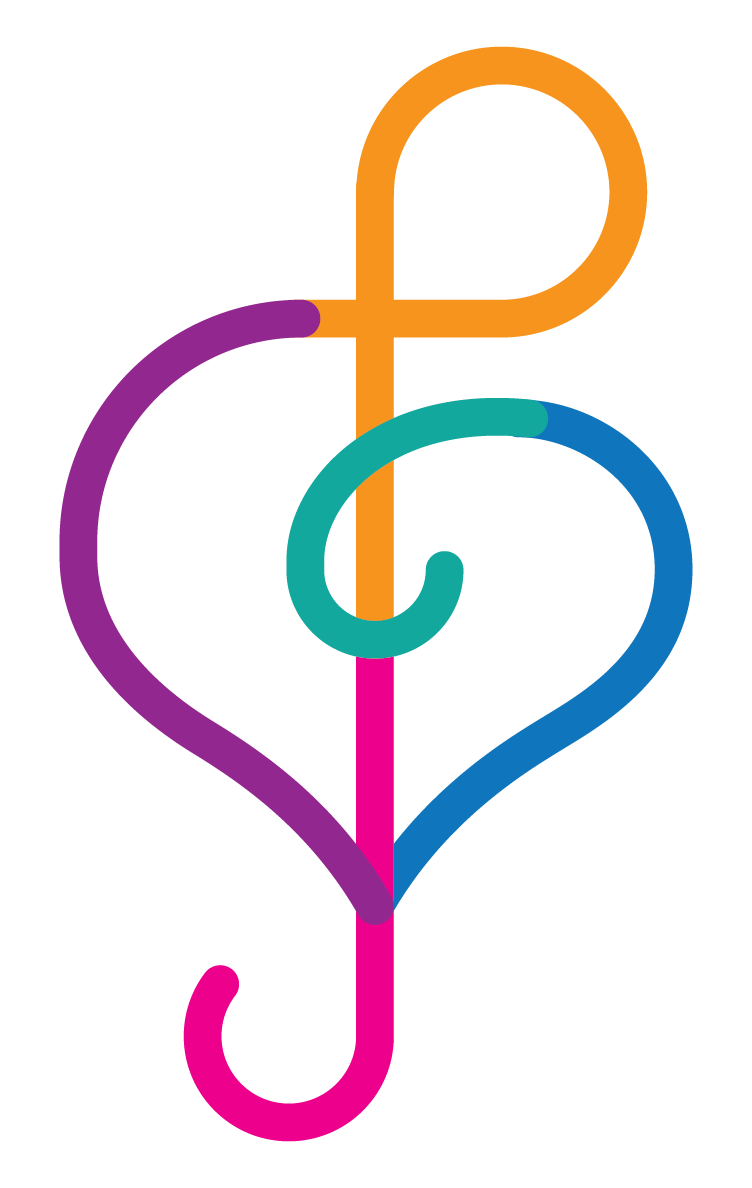Morning Edition with Joe Mathieu: New Relief Fund Helps Musicians Survive Income Loss Through Pandemic
The New England Musicians Relief Fund is offering help to local musicians who have lost income because of the pandemic and has launched a fundraising campaign called Immediate Relief to help nearly 4,000 freelance musicians throughout the region. WGBH Morning Edition Host Joe Mathieu spoke with Hazel Dean Davis, a musician and relief fund committee member. The transcipt below has been edited for clarity.
Joe Mathieu: I know you're trying to be part of the solution in your work with the fund, but you're the very kind of musician we're talking about here. I'm told that you've lost 98 percent of your income.
Hazel Dean Davis: That's right. Yeah, it's pretty insane. Nobody saw it coming. Our income stream just dried up overnight. I can speak for myself, but I know many of my colleagues experienced the same thing. Looking at my calendar, I had a very full spring schedule. Then in my summer, I go to a music festival in North Carolina and I had Pops tours scheduled for this coming January — we were going to go to Japan — and within about 36 hours everything just disappeared. And I had to change my calendar to stay home, wash your hands and let's get through this together.
Mathieu: So what have you been doing the last four months to make ends meet?
Davis: Well, I am one of the lucky ones. Because most of my performing income was W2, I was able to qualify for unemployment. And thanks to the extra $600 [per week], I was able to pay my bills and and carry on. Although that just ended this week, so there is a new crisis. Many of us were able to get through because of extra $600 and are now struggling to figure out where to go. But many of my colleagues were not as lucky. As you may or may not know, most freelance musicians in the Boston area and greater New England work entirely as self-employed, meaning that they work for many different organizations across many different states. Some of that income comes in as W2 income and some of it comes in as 1099. But because it's both, we didn't fit into either of the boxes that the CARES Act created. So the provisions that the CARES Act set up for gig workers still left most musicians without help. So many of my colleagues have spent hours and hours and days and days on the phone but still have not received any benefit.
Mathieu: That's an important distinction. People say gig workers, they think Uber, a delivery driver. Musicians are kind of the original gig workers.
Davis: Absolutely, yes. We do gigs. That's what we do. And they're not side gigs — our entire livelihood is "gigs". Whether it's gigs with the Boston Symphony, gigs with the Boston Ballet, gigs with a church or gigs at a club, they're all gigs in the sense that we contract them service to service.
Mathieu: So with all of that said, how does the fund work? How are you helping musicians get through this?
Davis: It became clear pretty quickly that we had a financial emergency on our hands, and that musicians were falling through the cracks. So we decided that we had to take [this] into our own hands and try to create a fundraiser to help musicians weather the shutdown. To just disappear overnight is catastrophic, but it will also be difficult to bring it back. If we can't weather this pandemic, we will have no vibrant art scene to come back to.
Mathieu: So there are two sides to this, Hazel. You're asking people to make a tax-deductible donation to the immediate relief fund. As far as musicians go, though, they can apply online on your website for this help?
Davis: Yes. So the New England Musician Relief Fund, we have a two-pronged approach. Because of the immediate need, especially with the end of the $600 unemployment benefit, we have created this immediate fund through Sweet Relief, which is another relief fund organization that's already founded and has all of their tax deduction paperwork in. So for that money, musicians can apply through our website, but it will direct them to Sweet Relief where they can apply. All the funds that we fundraise will go to New England musicians only. We're hoping eventually to be a long-term organization so that, God forbid, but if and when this happens again, we can be more prepared and have a safety net ready to go for future catastrophic and surprise income loss.
Mathieu: This is a pretty tough time, obviously, for yourself and for your fellow musicians. Are there other ways that you guys are getting together, staying in touch just to support each other emotionally?
Davis: Yeah. When things started to open up, I can speak for myself and some of my colleagues, we really missed playing together. There's something that cannot be replaced by practicing in our practice rooms. And so while it's not safe yet to meet in person inside, I've started to meet with some of my colleagues to play quartets in a field or in a large backyard. Socially distanced, but at least playing in an ensemble. And that has been really the lifeline that keeps us going.

